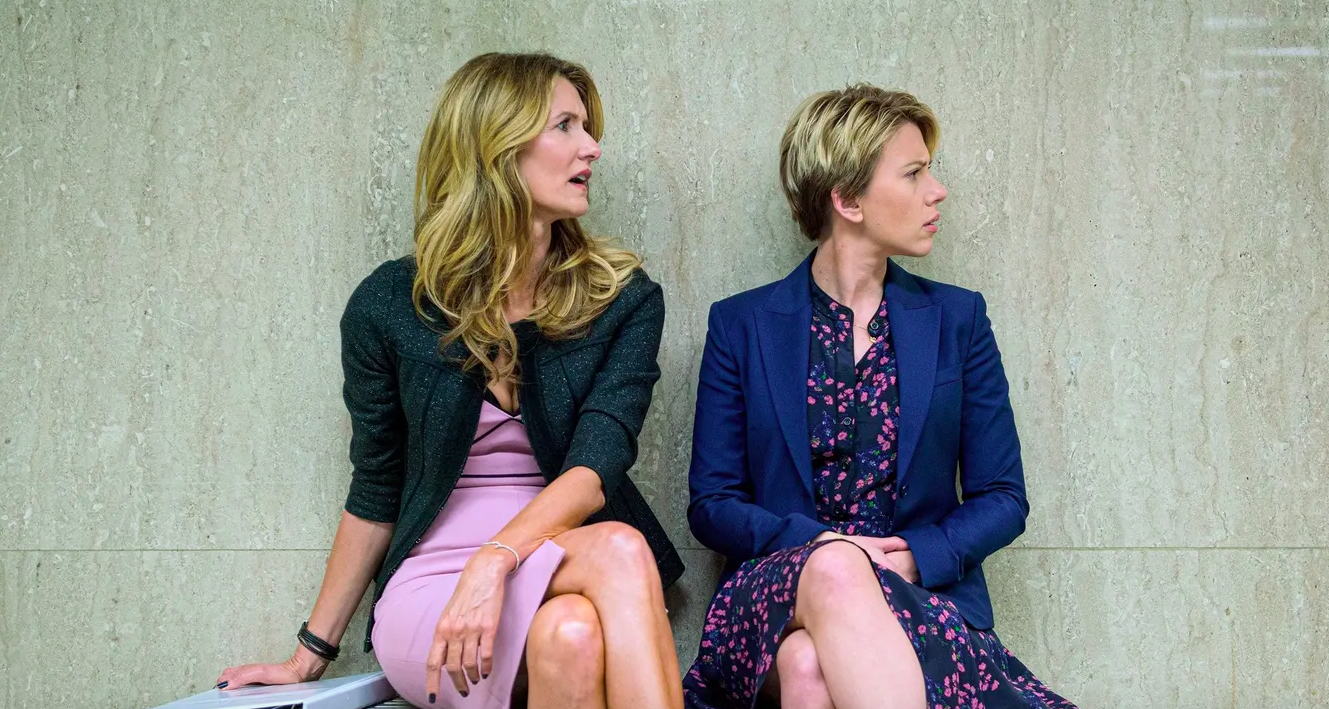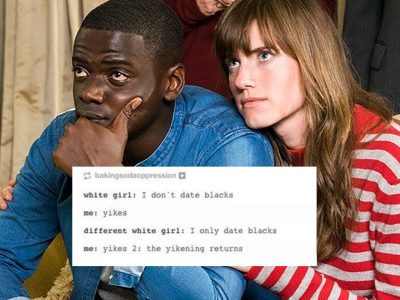Life Imitates Art: The Continuing Bigotry of the Oscars

Kat is disappointed again by the very predictable Oscars nominations which snub some of the best film work of the year
Marielle Heller. Zhao Shuzhen. Awkwafina. Ana de Armas. Lupita Nyong’o. Greta Gerwig. Jennifer Lopez. Eddie Murphy. These are just some of the names of the artists whose efforts have been rejected by the Academy this year.
The long-awaited 2020 Oscar nominations had a lot to live up to and, given the disappointing previous years which saw the judging panel undertake supposedly monumental overhauls to diversify their nomination process, a lot to answer for. But the fruits of these efforts are nowhere to be seen.
Hot on the tail of the hugely disappointing BAFTA nominations which saw women excluded from the best director category for the seventh year in a row and POC excluded from the lead acting categories entirely, the long-awaited 2020 Oscar nominations had a lot to live up to and, given the disappointing previous years which saw the judging panel undertake supposedly monumental overhauls to diversify their nomination process, a lot to answer for. But the fruits of these efforts are nowhere to be seen, as the Oscars have failed once again to nominate a single woman in the Best Director category, and have nominated only one POC in the acting categories overall. The nomination of Cynthia Erivo, the singular non-white acting nominee for 2020, is problematic in itself – her undoubtedly stunning performance in Harriet, though award-worthy, sends a somewhat difficult message when she stands alone in a white-dominated category for playing the role of a slave-turned-Abolitionist. Why is it that the only BAME actor nominated is being recognised for portraying a part of suffering and racial abuse?
It’s also ironic that the director of Little Women, Greta Gerwig, didn’t gain a nomination – after all, her fresh adaptation of the classic book highlights the lack of female autonomy and interrogates the narrow perceptions of the female gender, and so the fact that it has been snubbed in lieu of all-male director nominations is laughable. For those who haven’t read the book or seen Gerwig’s take, the overarching premise that author Louisa May Alcott interrogates is that women are capable of creating incredible art and living fuller lives than those that they have been allocated. These sentiments are translated into the form of Jo March, a character who struggles to make her voice heard as she is forced to anonymously publish her work, and faces consistent criticism and censorship by her male publishers.
One cannot help but be struck by the poignancy of these themes in respect to the Oscar nominations. Life is imitating art, and these topics strike far too close to home: yes, women are no longer at the point of publishing their work anonymously, but how far have we really come, when the Best Director category remains a space that women are eternally barred from? In all its 92-year history, the Academy has only ever awarded one (1!) woman the accolade of ‘Best Director’. When these awards are reserved exclusively for male directors, directing men, telling stories about men, how can we expect the next generation of young women to view their film-based aspirations as anything other than unfeasible? The impact of moves like this cannot be underestimated.
When these awards are reserved exclusively for male directors, directing men, telling stories about men, how can we expect the next generation of young women to view their film-based aspirations as anything other than unfeasible?
Equally, Lupita Nyong’o’s breath-taking, spine-tingling performance of a dualistic character that comprised of both her principal self and her evil twin doppelganger in Jordan Peele’s second feature film ‘Us’ has been disregarded utterly and completely in spite of the critical acclaim it attained. Meanwhile, Scarlett Johansson’s dual nominations for two separate roles can only serve as a smack in the face: when the efforts of BAME women have been so glaringly neglected, it is difficult to find a reasonable justification for nominating the same white woman twice. Are we truly to believe that Johansson’s performances were so astonishingly, staggeringly and awe-inspiringly superior that the decision to omit every single BAME actress from consideration was valid? It is, in my view, incomprehensible. And, to add insult to injury, Johansson’s professional repertoire serves as a stark reminder of the free pass given to privileged white women. Remember Johansson’s disreputable decision to accept the leading role of the 2017 adaptation of Ghost in the Shell, for which she faced a backlash of white-washing accusations? This, although not an isolated incident, is merely a minor bump in the road for an actress such as Johansson – it is a bump in the road, a slight faux pas. Her career remains ultimately unblemished.
These nominations speak to everything that remains wrong within the film industry, and are an indicator of how far we still have to go to truly include everyone.
These nominations speak to everything that remains wrong within the film industry, and are an indicator of how far we still have to go to truly include everyone. In spite of mandatory quotas and diversity criteria, it seems that attitudes within the Academy ultimately remain unchanged. Stephen King sums it up when he states that he ‘doesn’t consider diversity’ when making his nominations as ‘only quality’ matters. Not only does King surreptitiously insinuate that quality and diversity are mutually exclusive in these comments, he also speaks to a grossly privileged viewpoint, as someone who has not had to work even a fraction as hard as those from minority backgrounds, who still struggle to make their voices heard.
True diversity will not happen by magic. It won’t happen overnight, from a slap on the wrist, or from a half-hearted ‘oh well, we’ll do better next year’ approach. Diversity will happen when real measures are taken to diversify the nominating boards, and when real, measurable and enforceable criteria is put in place to qualify the artists and the art that gets a shot. Unconscious bias lives and breathes in these spheres, and indeed in our society, and it will not be squashed until we see real representation and real recognition for the efforts of those whose voices are currently being unappreciated and unheard.







